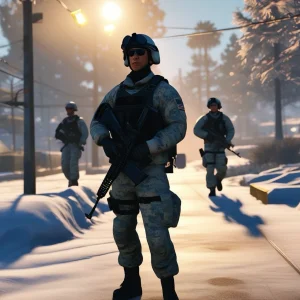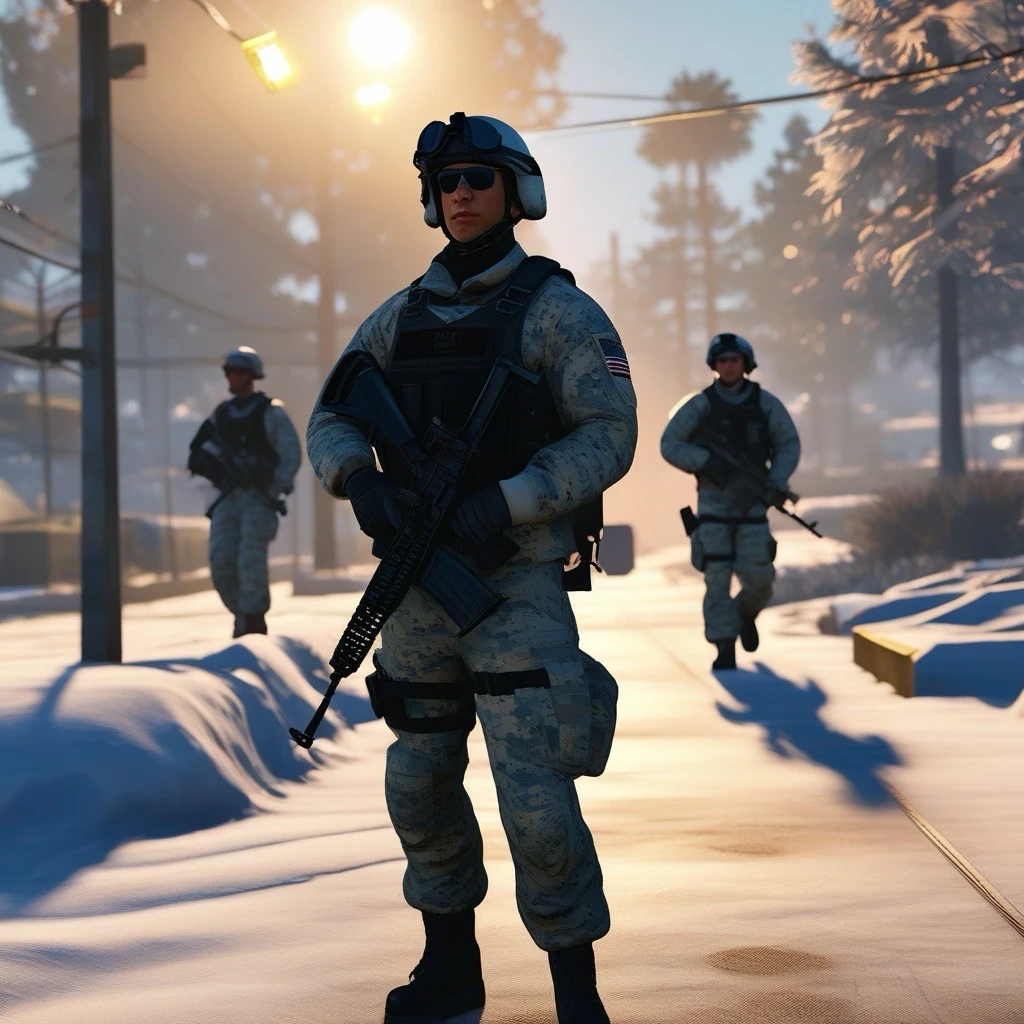How to Win a Board of Inquiry | Officer’s Complete Defense Guide
Gonzalez & Waddington, Attorneys at Law defend Navy, Marine Corps, and Coast Guard officers worldwide in Boards of Inquiry (BOIs), administrative separation boards, appeals, and courts-martial. A BOI is one of the most dangerous proceedings an officer can face—it can end a 20+ year career and tarnish a reputation permanently. This guide outlines how to win a BOI through preparation, evidence, and aggressive advocacy.
Why BOIs Are So Serious
- Retirement loss: An adverse BOI can terminate a pension earned over decades of service.
- Characterization: A General or Other Than Honorable discharge can eliminate VA benefits and career opportunities.
- Reputation: BOI findings follow you in clearance checks and post-service employment.
- No appeals guaranteed: While appeals exist, the best chance to win is at the board itself.
Preparation: The Key to Winning
- Know the allegations: Demand and review the government’s evidence early.
- Timeline mastery: Understand when the incident occurred, what regulations applied, and who knew what.
- Identify weaknesses: Look for contradictions in statements, procedural flaws, and missing documentation.
- Build a narrative: Frame your service and integrity as the context for evaluating allegations.

Defense Strategies That Work at BOI
- Challenge evidence: Cross-examine witnesses on inconsistencies, motives, and biases.
- Expert witnesses: Use medical, forensic, or digital experts to counter technical government claims.
- Document excellence: Present FITREPs, awards, and endorsements to show long-standing integrity.
- Alternative explanations: Provide logical, documented alternatives to the government’s theory.
- Mitigation: If partial findings occur, argue for retention based on mission need and rehabilitation.
BOI Defense Framework
1. Introduction - Respectful acknowledgment of the process. - Assert innocence and commitment to fairness. 2. Background & Service Record (Exhibits A–E) - Deployments, billets, leadership positions, awards, FITREPs. 3. Challenge Allegations (Exhibits F–H) - Factual contradictions, unreliable testimony, missing evidence. 4. Procedural Errors (Exhibits I–J) - Witnesses denied, improper documents, command influence. 5. Mitigation & Retention Argument (Exhibits K–L) - Post-incident performance, counseling, PME, readiness impact. 6. Requested Outcome - Full retention; or - At minimum, Honorable discharge to preserve benefits. Conclusion: - Reinforce value to mission, fairness, and equity.
Common Mistakes Officers Make at BOIs
- Going in unprepared or without experienced counsel.
- Relying on emotion instead of evidence and exhibits.
- Not cross-examining witnesses aggressively.
- Failing to submit rehabilitation or mitigation evidence.
- Not anticipating how findings will affect retirement and benefits.
Advanced BOI Defense Tactics
- Procedural leverage: File motions to exclude unreliable hearsay or improper evidence.
- Bias exposure: Highlight panel member conflicts of interest, if present.
- Readiness framing: Stress how losing a fully trained officer harms mission capability.
- Comparative equity: Show similar cases where officers were retained or discharged honorably.
Video: How to Win a Board of Inquiry
We Defend Officers at BOIs Worldwide
Your best chance to win a BOI is before it reaches appeal. We build evidence-heavy defenses, cross-examine government witnesses, and present mitigation that preserves careers and retirements.
Gonzalez & Waddington — ucmjdefense.com — 1-800-921-8607
FAQs: Winning a BOI
What is the burden of proof at a BOI?
The government must prove misconduct by a preponderance of the evidence—not beyond a reasonable doubt.
Can I have a lawyer at a BOI?
Yes. Officers may be represented by military or civilian defense counsel.
What outcomes are possible?
Retention, separation with Honorable, General, or OTH characterization.
Is mitigation evidence important?
Yes. Even if some misconduct is found, strong mitigation can lead to retention or Honorable discharge.
How do BOI outcomes affect retirement?
Separation before 20 years ends retirement eligibility. Reductions may also impact retired rank and pay.


